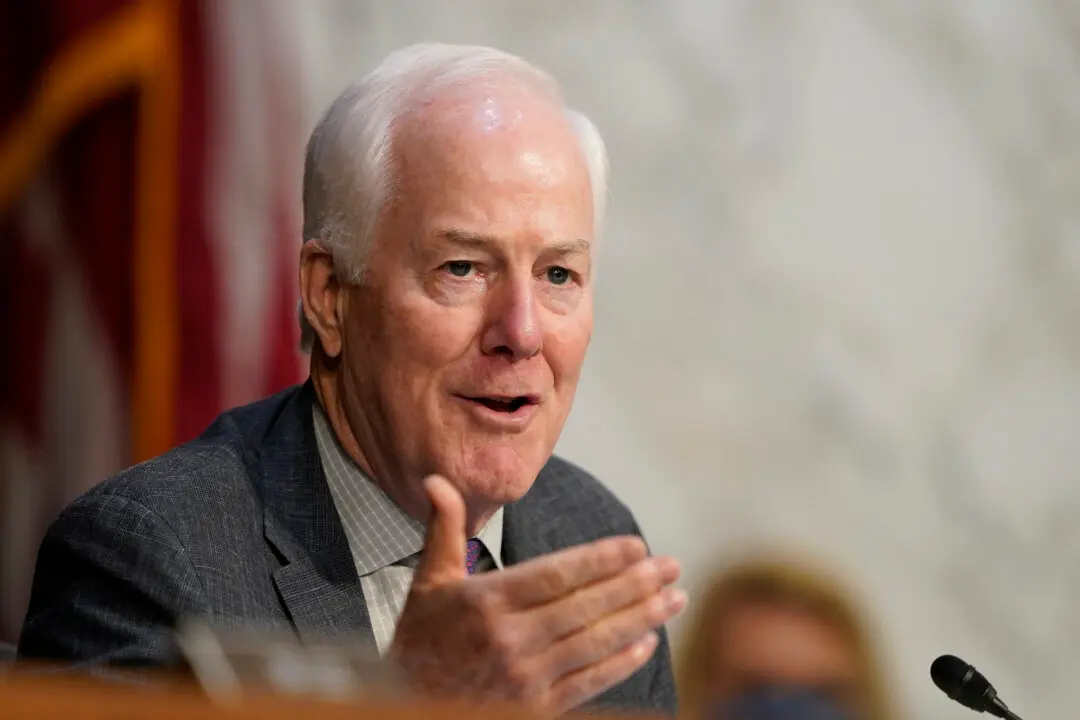In 1973, the same year that the American Psychiatric Association stopped calling homosexuality a mental illness, Dr. Stephen Levine finished his residency in psychiatry. Within a month, an unforgettable patient crossed his path.
The man was sitting in his backyard, under an oak tree. He had shoved a gun in his mouth and was threatening to pull the trigger—unless he could surgically transition to appear as a woman, Levine said in a recent podcast interview.





